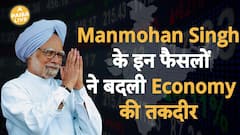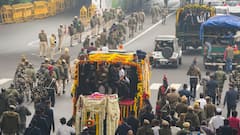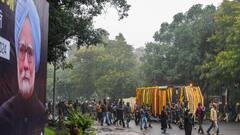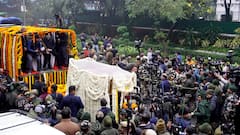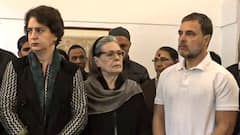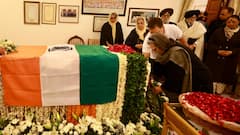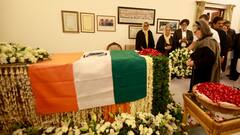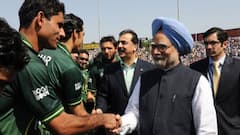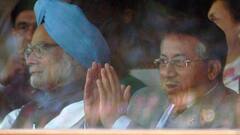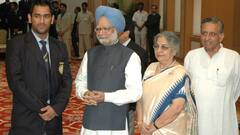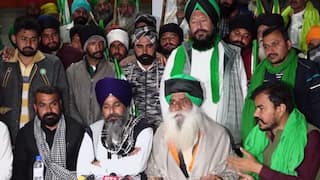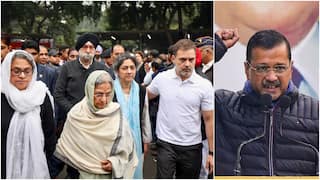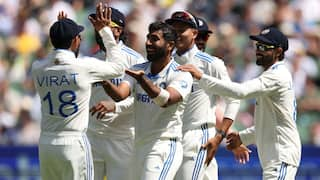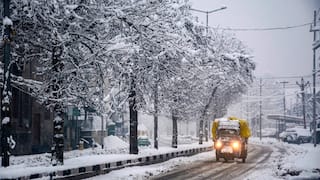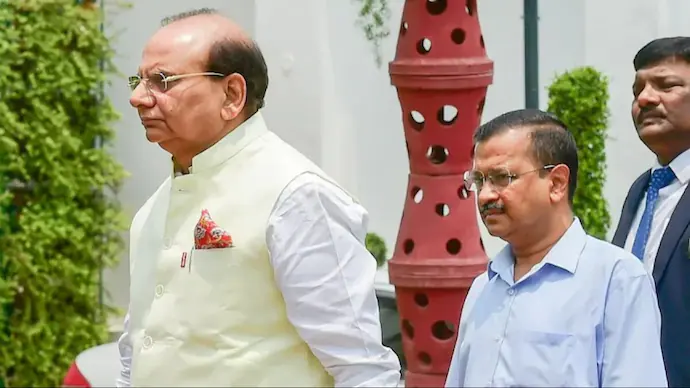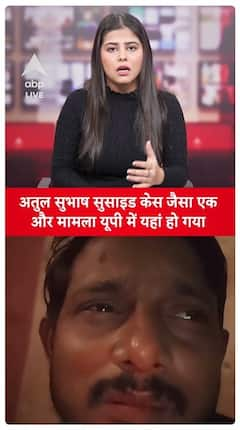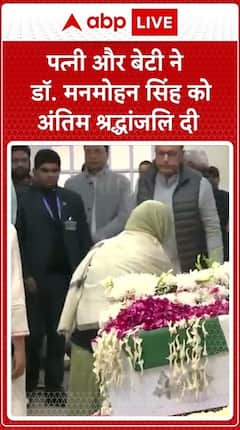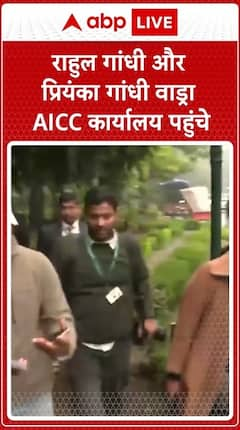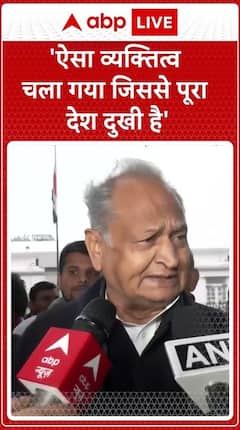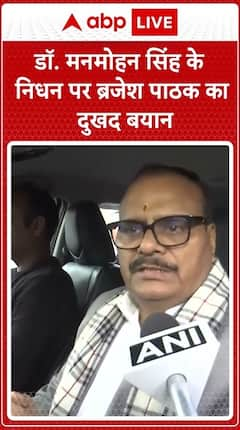Explorer
Advertisement
Supreme Court Reserves Verdict In Ayodhya Land Dispute Case After Marathon Hearings: 10 Points
A five-judge bench headed by Chief Justice Ranjan Gogoi began the daily hearing into the matter on August 6 after the court-appointed mediation panel, headed by a former apex court judge, failed to amicably resolve the matter.

The court now has asked counsel from both sides to submit their written submissions on the moulding of relief in the matter. (File Photo/ Getty)
New Delhi: After conducting 40 days of marathon hearings, the Supreme Court on Wednesday reserved the judgement in the 70-year-old politically vexing Ramjanmabhumi-Babri Masjid title dispute case. A five-judge bench headed by Chief Justice Ranjan Gogoi began the daily hearing into the matter on August 6 after the court-appointed mediation panel, headed by a former apex court judge, failed to amicably resolve the matter. Post today's conclusion of day-to-day hearings by Supreme Court, it is expected that the verdict will be announced most likely on November 15 as the next two days will be Saturday and Sunday (courts are closed during weekends). However, the CJI has the power to conduct special sessions on weekends as well. The Constitution bench has granted three days to contesting parties to file written notes on 'moulding of relief' or narrowing down the issues on which the court is required to adjudicate. Apart from CJI, other members of the bench are justices SA Bobde, DY Chandrachud, Ashok Bhushan and SA Nazeer.
Earlier this morning, Chief Justice said "enough is enough", after a lawyer asked the top court for more time for arguments, and said they would finish the hearing by 5 pm. Justice Gogoi had earlier expressed concern that in the current schedule, there would hardly be time to write the judgment.
Here are top 10 highlights of the last day of hearing of the decades-old case which saw extremely heated exchanges between the Hindu and Muslim side:
1. At around 4 pm on Wednesday as senior advocate Rajeev Dhavan, appearing for the Muslim side was arguing, the Chief Justice called off the hearing and declared the court has reserved the judgement on the matter. "Hearing is over, and the judgement is reserved," said Chief Justice Gogoi.
2. Dhavan, in fact, shocked the court by tearing a pictorial map identifying the birthplace of Lord Ram submitted by a senior counsel representing the All India Hindu Mahasabha. This act did not go down well with the bench, and the Chief Justice expressed his anguish.
3. In the first half of the day, Hindu parties argued and urged the court to correct the historical wrong where a mosque has been built on a site considered holy by Hindus. In turn, Dhavan said that the Muslim parties seek restoration of Babri Masjid as it stood on December 5, 1992. "The demolished building belonged to us. The right to reconstruct it also belongs to us. Nobody else has the right," he submitted.
4. Dhavan reportedly even used unfavorable language against a lawyer for the Hindu side, who had argued on the Islamic law, and referred that the Babri Masjid was not an Islamic structure. "The Sultanate began only in 1206. Islam is an extremely attractive faith for people living in a caste-ridden society," Dhavan submitted before the bench.
5. The court now has asked counsel from both sides to submit their written submissions on the moulding of relief in the matter.
6. The verdict in the case - which has dominated politics and the headlines for decades - is expected to come before November 17, when Chief Justice Gogoi is slated to retire.
7. The Constitution bench, which started the day-to-day proceedings on August 6 after mediation proceedings failed to find an amicable solution to the vexatious dispute, had revised the deadline for wrapping up the proceedings.
8. Fourteen appeals have been filed in the apex court against the 2010 Allahabad High Court judgment, delivered in four civil suits, that the 2.77-acre land in Ayodhya be partitioned equally among the three parties -- the Sunni Waqf Board, the Nirmohi Akhara and Ram Lalla.
9. Fixing the schedule for the final leg of the lengthy arguments, the Constitutional bench had said that the Muslim side would complete the arguments on October 14 and thereafter, two days would be granted to the Hindu parties to sum up their rejoinders by October 16.
10. Supreme Court has also taken note of the report of the three-member panel, comprising Justice FMI Kallifulla, spiritual guru and founder of the Art of Living foundation Sri Sri Ravishankar and senior advocate and renowned mediator Sriram Panchu, that mediation proceedings, which went on for about four months, did not result in any final settlement and it had to decide the matter pending before it.
(With inputs from agencies)
Follow Breaking News on ABP Live for more latest stories and trending topics. Watch breaking news and top headlines online on ABP News LIVE TV
View More
Advertisement
Trending News
Advertisement
Advertisement
Top Headlines
World
India
World
India
Advertisement


Sagarneel SinhaSagarneel Sinha
Opinion









